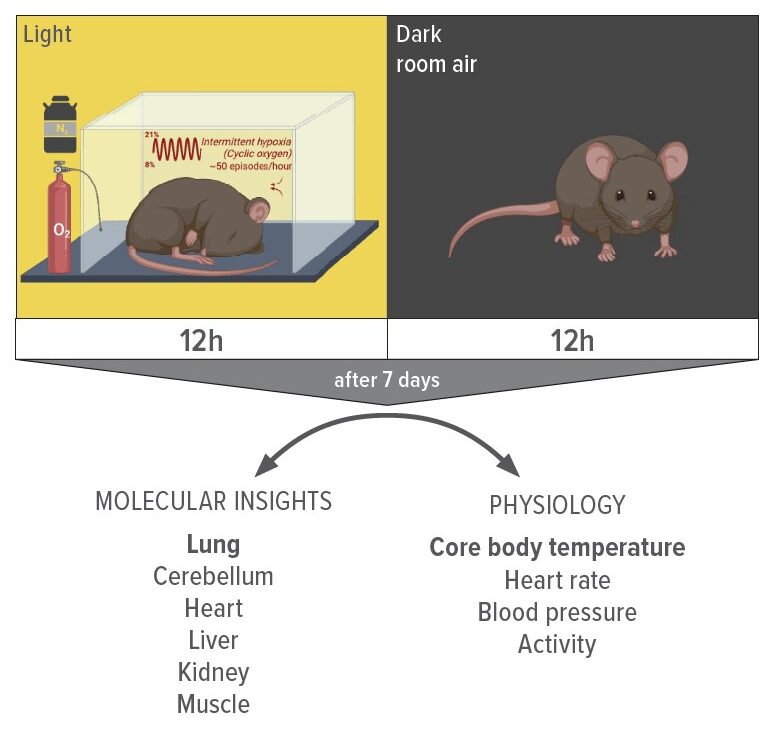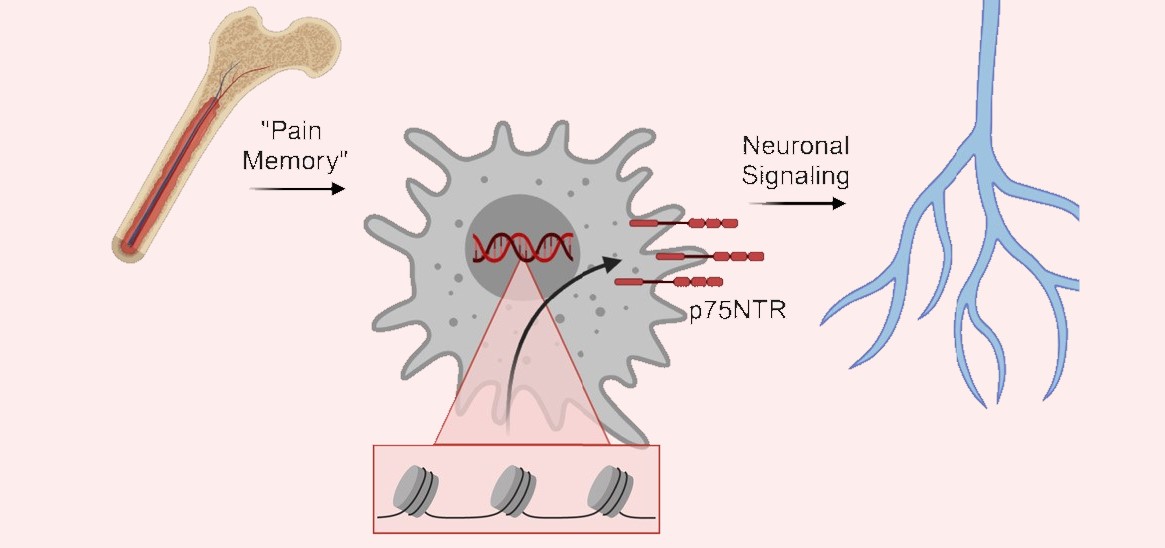OSA Linked with Tissue-Specific Changes in Circadian Rhythms
Research By: Bala Koritala, PhD | David Smith, MD, PhD
Post Date: May 30, 2023 | Publish Date: May 30, 2023
Otolaryngology | Top Scientific Achievement


In patients with obstructive sleep apnea (OSA), circadian clock alterations from intermittent hypoxia (IH) appear to accelerate pathological processes that can lead to more serious adult diseases, such as cardiovascular dysfunction.
A study led by first author Bala Koritala, PhD, and corresponding author David Smith, MD, PhD, found varying time- and tissue-specific impacts in different organ systems after IH exposure, even over a short time. The investigators found that IH exposure increased core body temperature with transcriptomic changes in multiple tissues, most significantly in the lungs.
This study tracked mouse models across seven days of IH to analyze the impact of short-term IH on circadian rhythmicity and mean 24-hour expression of the transcriptome in six different tissues, as well as real-time changes in physiological parameters tied to circadian rhythms and cardiovascular health.
“Before this study, we had little understanding of the mechanisms that led to the physiological impacts of IH exposure in patients with OSA, especially in the early stages of disease,” Smith says. “Now, we have a greater understanding of what tissues are most impacted by IH and we have avenues for future research into clinical interventions to support these patients.”
Future research paths include identifying targets for use as diagnostic biomarkers and for potential therapies to prevent harm caused by IH exposure in patients with OSA.
View the journal’s media release
| Original title: | Obstructive sleep apnea in a mouse model is associated with tissue-specific transcriptomic changes in circadian rhythmicity and mean 24-hour gene expression |
| Published in: | PLOS Biology |
| Publish date: | May 30, 2023 |
Research By


We all have an internal clock that prepares the body to exercise, eat, digest and sleep at specific times of the day. In my lab, we are studying how disruption of this circadian clock occurs in the setting of obstructive sleep apnea.






